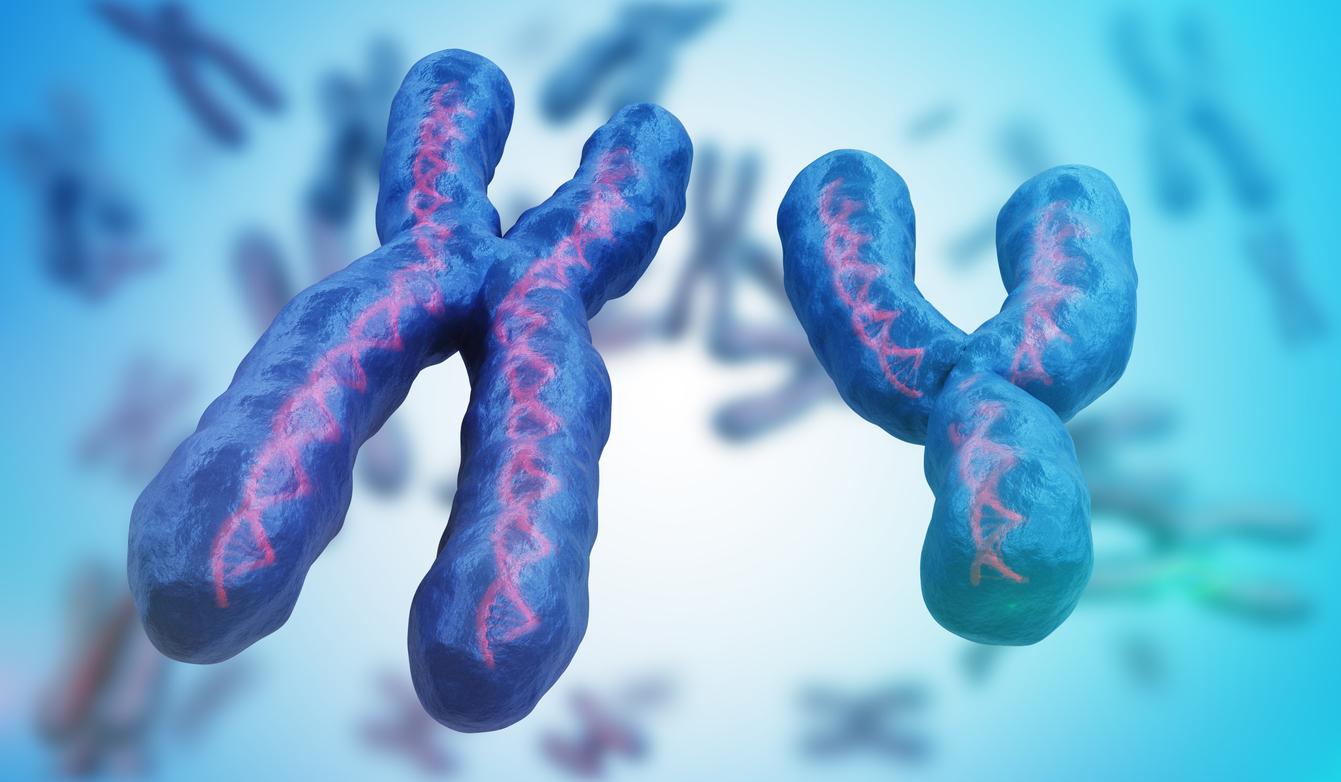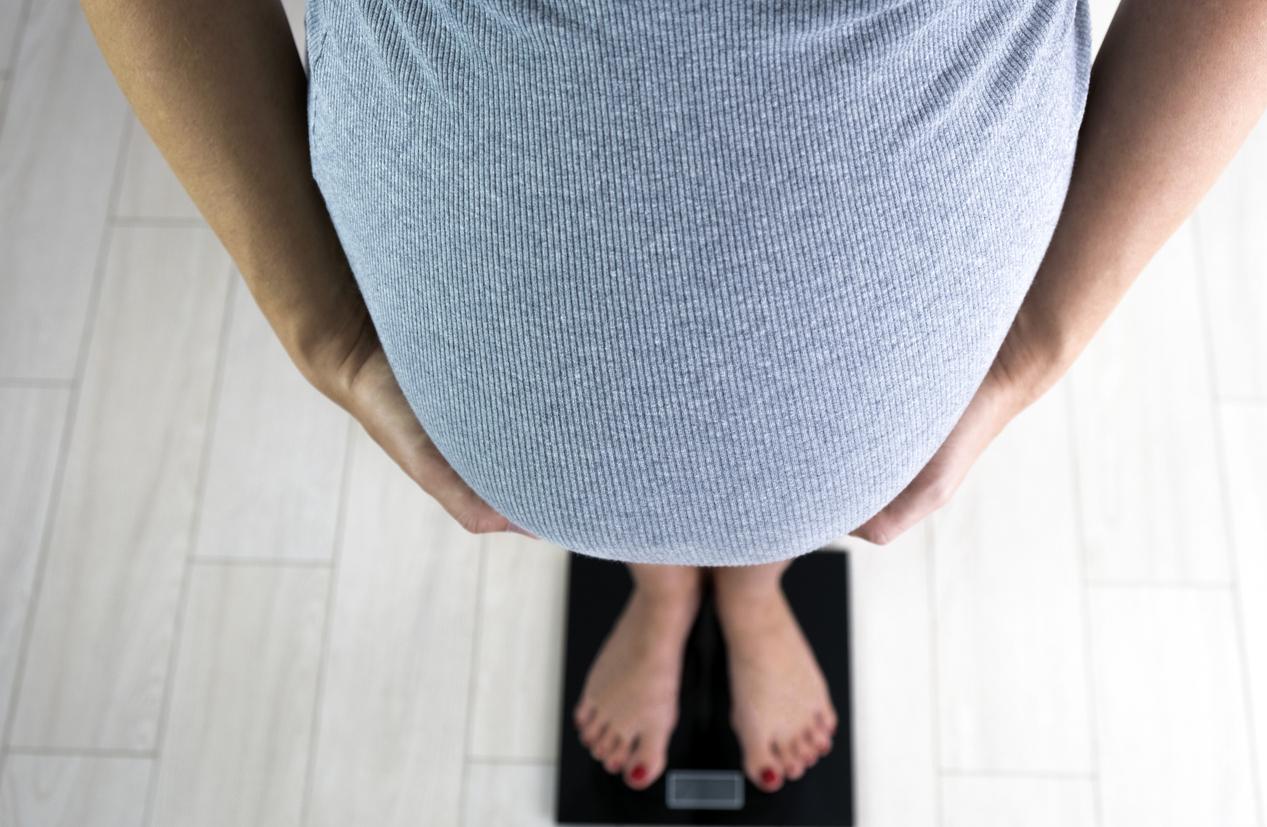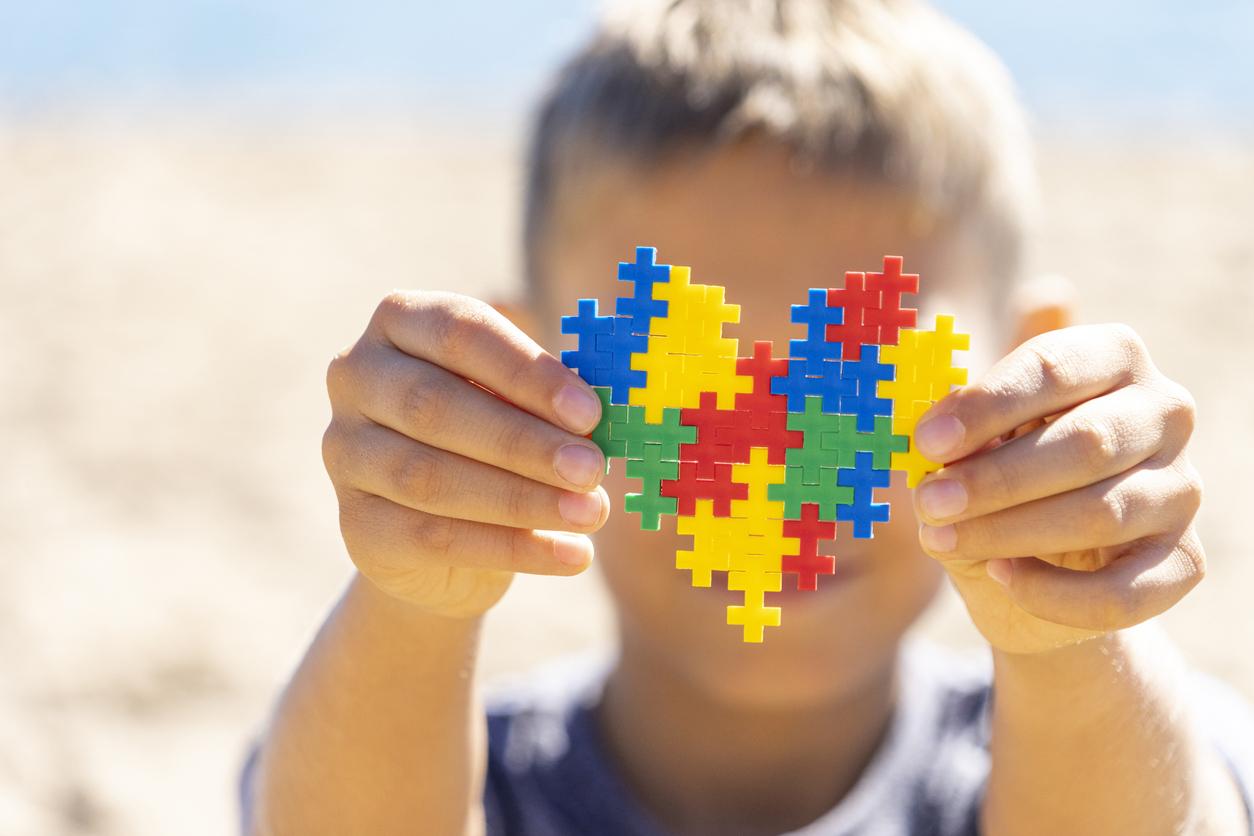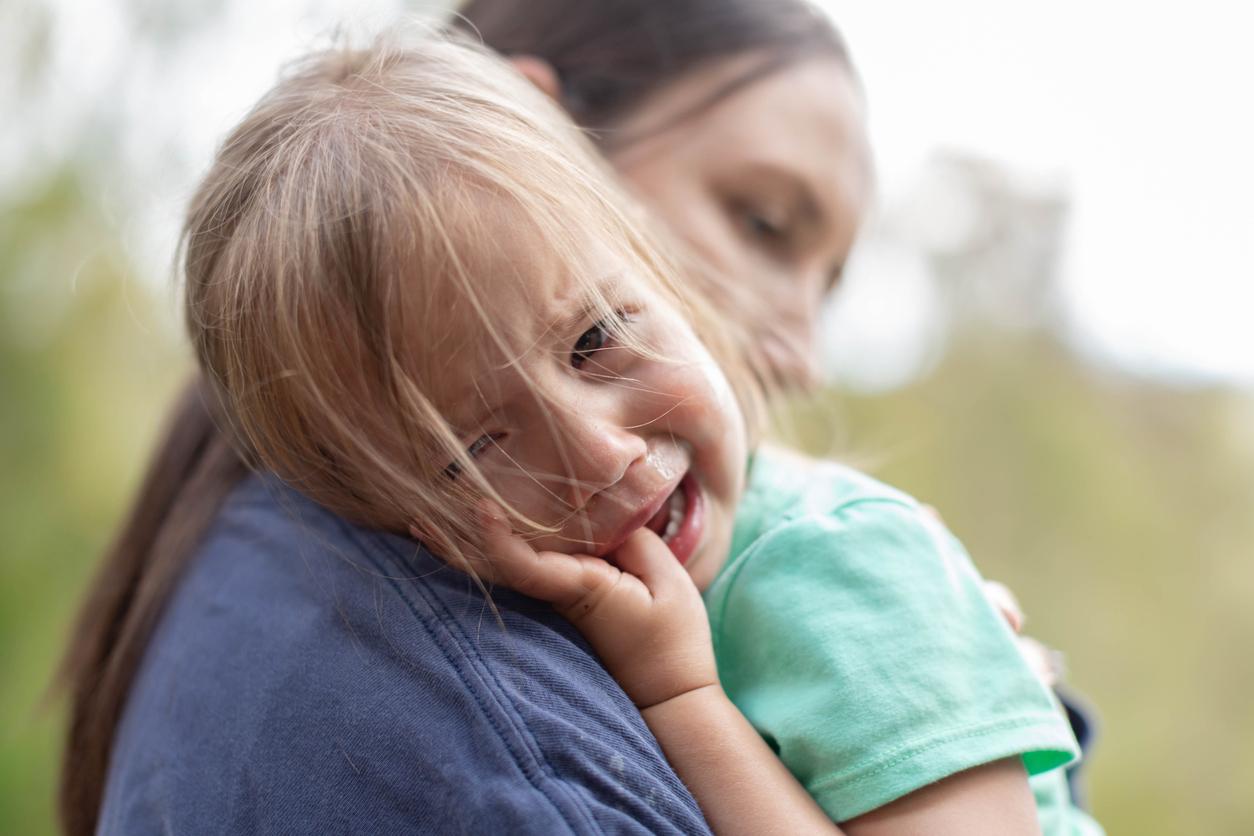It seems that there are more autistic men than women. But this imbalance would actually be linked to an underestimated diagnosis of autism spectrum disorders in girls because their symptoms would be less easily spotted. A study in May 2015 had already shown that boys with autism have more easily identifiable physical symptoms (sudden gestures, repeated movements …) than the girls. A new study highlights social and friendship difficulties that are more pronounced in boys than in girls, which contributes to less discerning them in the latter. At the origin of this work published in the Journal of Autism and Developmental Disorders, psychology researchers at the Center for Autism Research and Education at University College London (UK).
Deeper friendships in girls
These researchers followed 46 adolescents aged 12 to 16, including 13 autistic girls, 13 non-autistic girls, 10 autistic boys and 10 non-autistic girls. They asked them to give a score from one to five according to whether he / she identified himself / herself a little or a lot in 23 statements relating to different characteristics of thefriendship. They had to decide on themes such as camaraderie (for example by noting the sentence “My friend and I spend a lot of our free time together”), conflict (“My friend and I disagree. on many subjects “), mutual aid (” My friend helps me when I have difficulties “), safety (” If I have a problem at school or at home, I can tell my friend “) or the proximity (” If my friend moved, I would miss him / her “). The main conclusions drawn from this survey are that girls with autistic disorders are more socially motivated and their friendships are more intimate than those of boys with the same disorders. In short, the social experience of autistic girls is closer to that of non-autistic adolescents than that of autistic boys.
The researchers now want to continue their work to determine whether these differences between boys and girls extend to the cognitive abilities of adolescents with autistic disorders, but also to understand the impact of such social and friendly differences on the well-being and the long-term mental health of young people with autism.
>> To read also:
We shouldn’t say Autism, but Autisms
Infographic: all you need to know about autism
Autism: it could be linked to a hormonal imbalance in the mother
Autistic people would have more creativity
















